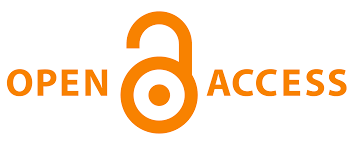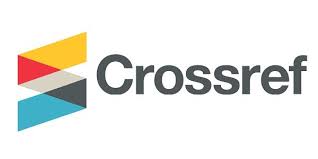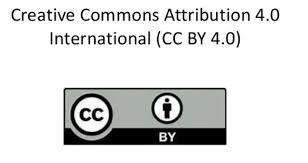Providing Antenatal Care Facility is the Most Effective Way to Improve Nutritional Knowledge of Mothers Working in the Ready-Made Garment Industry of Bangladesh
DOI:
https://doi.org/10.47440/JAFE.2022.3105Abstract
Mothers perform the social responsibility of providing food and caring the family members throughout the world and the type of food and care they provide depend to a large extent on their knowledge of basic nutrition and health care. Mothers‟ limited knowledge about food choices, feeding, and health care may contribute significantly to adverse nutrition outcomes. More than 2.5 million of the ready-made garment (RMG) workers of Bangladesh face severe time and resource constraints, where socio-cultural beliefs and mothers‟ perceptions also strongly influence food habits. Therefore, this research is an attempt to discover how to enhance their nutritional knowledge. A cross-sectional study design has been used and primary data were collected following a systematic random sampling technique from 169 ever-married women RMG workers who accompany at least one biological child aged between 6 to 59 months. To explore the sources of mothers‟ nutrition knowledge, Robust Poisson Regression (RPR) model has been used. The study found that the mothers working in the RMG industry have a low to medium level of nutritional knowledge and their level of knowledge is significantly influenced by their educational qualification, receiving antenatal care, and their movement from different places. As the scope of increasing educational qualification and also their movement is limited due to time constraint, nutritional counseling from doctors and health workers would be the best option for these large number of female labors. Therefore, relevant authorities should give importance on facilitating antenatal care and nutritional counseling to increase their knowledge.






 Publisher:
Publisher: 